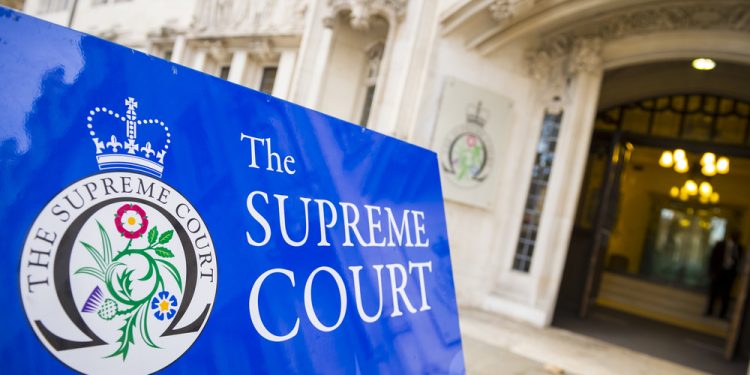The Government has confirmed it will review all public sector pension schemes after a Supreme Court ruling that changes made to the firefighter’s pension in 2015 were discriminatory to younger workers.
Government figures estimate that this judgement could cost the Treasury £4bn a year, with backdated costs expected to be around £16bn.
Chief secretary to the Treasury, Liz Truss, has confirmed that this court ruling will be applied to the NHS, civil service, local government, teachers, police, armed forces and judiciary pension schemes.
Under the 2015 changes workers 10 years from retirement were protected from reforms, which saw younger workers moved to less generous pension packages.
In a statement the government said it will engage with the employment tribunal to agree a course of action to remedy this discrimination.
The government has said it will also engage with employer and member representatives, as well as the devolved administrations, to inform its proposals to the tribunal in respect of other public service pension schemes.
However, while the government acknowledges changes will be made, it reiterated its intention to ensure that the cost of public sector defined benefit pensions do not spiral out of control.
Truss’s statement said: “The judgment does not alter the government’s commitment to ensuring that the cost of public service pensions are affordable for taxpayers and sustainable for the long term.”
Quilter head of retirement policy Jon Greer agreed that the current debate over NHS pensions may “pale into insignificance” compared to this £4bn public sector funding gap.
He adds: “Truss says the Government will be trying to control costs and so it’s likely they will want to move everyone onto the 2015 basis for future accrual as soon as possible.
“This needs to be worked through and means that the younger members are entitled to have their benefits ‘levelled up’ so that they are treated as having the same protection as the older members, until a non-discriminatory amendment can be made.
“The cost to the Government is significant since they will have to provide pre-2015 members with higher benefits for a longer period than expected and it’s not clear that the full cost has been factored into the £4bn cost approximation or if indeed there will be an even bigger hole in the new Prime Minister’s pockets.
“Arguably this will feel like a bigger pensions headache for the new Prime Minister than the tapered annual allowance relative to the NHS. But perversely at the same time there is a risk the judgement exacerbates that issue if senior NHS staff are awarded compensation.”
Hargreaves Lansdown senior analyst Nathan Long says: “The Treasury needs more than just spare change and a raid on the piggy bank to plug this public sector pensions funding hole.
“The Government doesn’t shy away from reaffirming that pensions for public servants still need reform to make them affordable and sustainable, despite the 2015 reforms being deemed unlawful which looks like yet more uncertainty.”
He adds that the government may as a consequence review pension tax relief as a whole, which raises the spectre again of whether it may limit higher rate tax relief on pensions to help pay for these changes.
TUC Deputy General Secretary Paul Nowak added: “It’s vital that public sector workers have confidence in the future of their pensions.
“The government’s commitment to engage with trade unions on the implications of this judgment is welcome. This engagement needs to be informed by serious scheme level discussions involving the relevant unions.”





